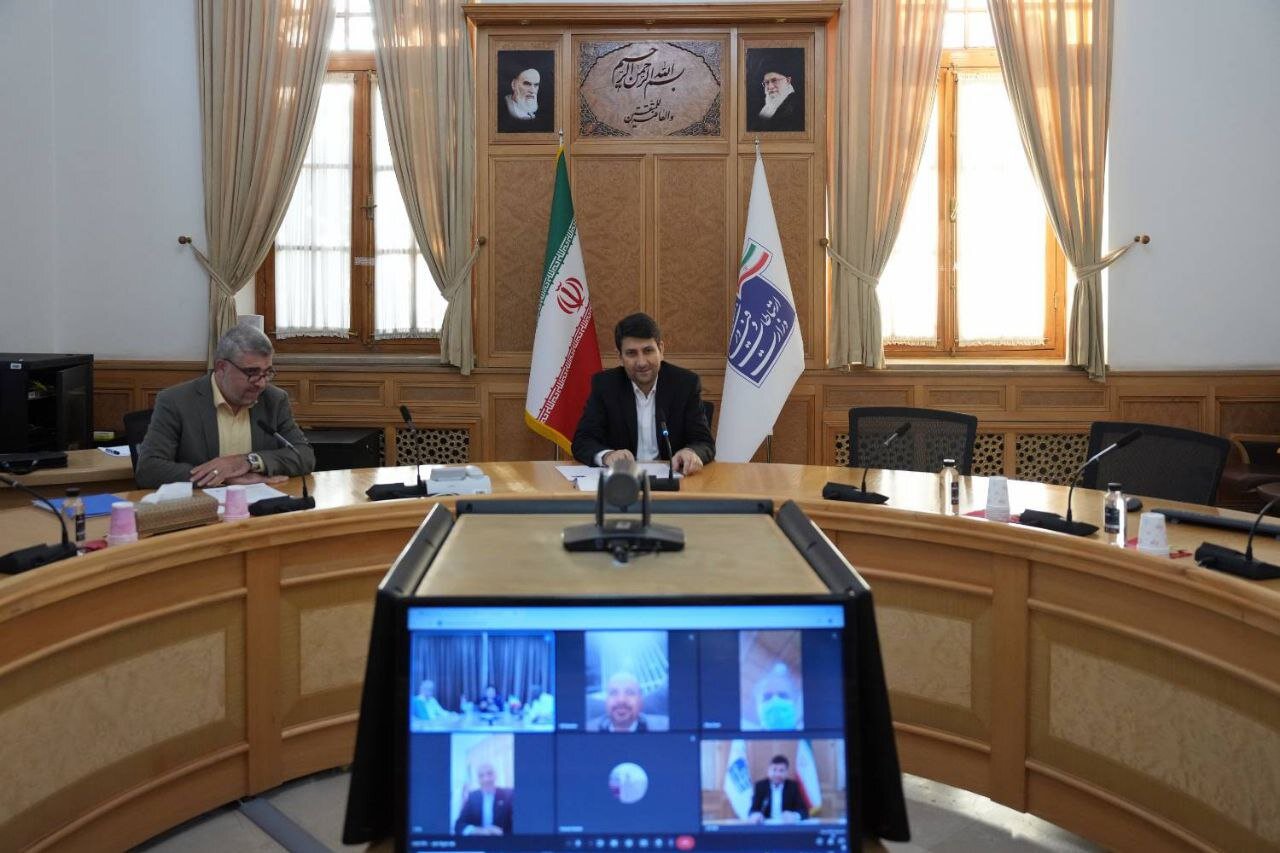Iran, Cuba to expand ties in AI, digital economy

TEHRAN –Information and Communication Technology (ICT) Minister, Sattar Hashemi, and his Cuban counterpart, Mayra Arevich Marín, have explored ways to bolster cooperation in different fields of ICT.
During a video call on Tuesday afternoon, the officials further reviewed possibilities to enhance ties in artificial intelligence, digital economy, and e-government, as well as post companies, Mehr news agency reported.
During the meeting, Arevich Marín proposed and highlighted expanding collaborations based on formerly signed agreements.
The official also welcomed the presence of Iranian private companies active in providing ICT-related equipment and services in Cuba.
Hashemi, for his part, announced Iranian private companies’ readiness to provide ICT services in Cuba and expressed optimism to promptly implement needed measures.
Arevich Marín also passed an invitation to his Iranian counterpart to attend the 19th Joint Economic Commission of Iran and Cuba, as well as the 40th edition of the Havana International Fair (FIHAV) which is scheduled to take place from November 4 to 9.
Iran ready to assist Cuba for ICT growth
In July, Issa Zarepour, the then ICT minister, in a meeting with Cuba's First Deputy Minister of Communications, Wilfredo González Vidal, in Tehran said Iranian companies are ready to enter the Cuban market and transfer their experiences in the field of information and communications technology.
“It is important for Havana to develop strategic relations with the Islamic Republic of Iran in all fields,” IRIB quoted the Cuban official as saying.
Underscoring Tehran's experiences and capabilities in areas related to ICT, González Vidal went on to say that boosting cooperation between the two countries is of more importance. “Cuba is eagerly waiting for the presence of Iranian companies in the country to expand the information and communications technology.”
He further noted that since the ICT industry has a special place in the 2030 agenda for sustainable development of the country, the expansion of communication networks and electronic governance are the top priorities for cooperation.
Referring to Iranian companies’ capabilities in the ICT sector, Zarepour, for his part, said that the companies are ready to cooperate with Cuba in different fields such as developing the communications infrastructure, launching various platforms, and implementing optical fiber projects.
They can also help Cuba with the generational transition of the communication network from the second and third to the fourth and even provide the ground for entering the fifth generation. “Moreover, Iran’s experiences in e-governance can be shared with Cuba,” he further noted.
Iran and Cuba have also announced readiness to exchange knowledge and experience in electronic governance and related fields.
The agreement was reached following a memorandum of understanding signed in June 2023 and the subsequent signing of the joint action plan between the two countries.
In this line, Iran’s Deputy Minister of Information and Communications Technology, Mohammad Khansari, met González Vidal virtually on December 13, 2023, Mehr news agency reported.
Khansari, referring to the history of cooperation between the two countries and the visit of Cuban President, Miguel Diaz-Canel, to Iran, emphasized, “Iran is ready to exchange experiences in communication fields, especially smart electronic governance.
Gonzales Vidal, welcoming the issues raised in the meeting, stated that Cuba is interested in using Iran's experiences in the field of smart e-governance, especially in the field of education, and also using the capacities of Iranian companies in order to meet Cuba's technological needs.
MT/MG
